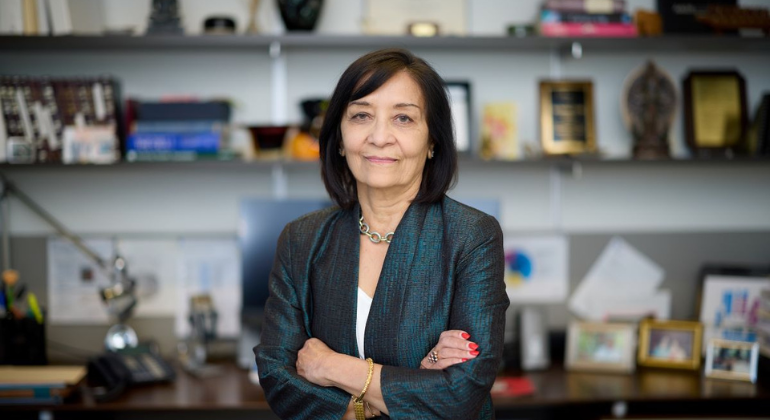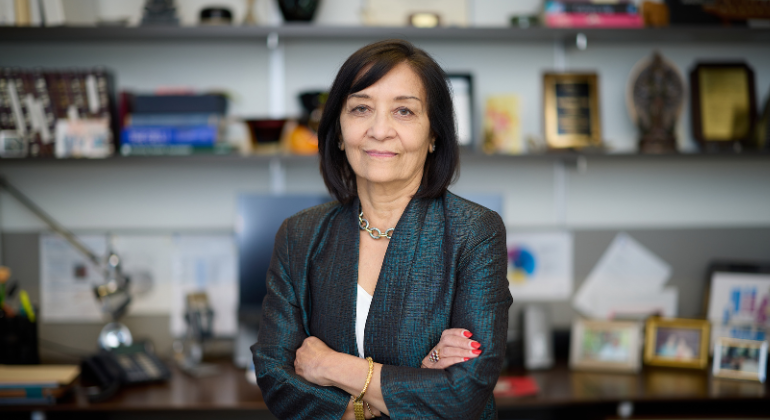Mount Sinai Study Advances Understanding of Personalized Vaccines for Bladder Cancer
Experimental vaccine, teamed with immunotherapy, shows safety, feasibility, and strong immune responses

As excitement builds around personalized cancer vaccines, researchers at the Icahn School of Medicine at Mount Sinai have reached a new milestone—showing that their custom-made vaccine, in combination with immune checkpoint inhibitor, is safe and able to spark strong immune responses in people with bladder cancer. Their phase 1 study, led by Nina Bhardwaj, MD, PhD, and Matthew Galsky, MD, appears in Nature Cancer and adds to growing evidence that personalized vaccines could make existing cancer treatments more safe and effective.
Mount Sinai’s experimental vaccine, called PGV001, is designed to target the unique mutations in each patient’s tumor. Using advanced tumor sequencing and a computational platform developed by Mount Sinai experts, researchers pinpoint which tumor changes—known as neoantigens—are most likely to alert the immune system. They then create a custom vaccine using lab-made peptides based on these markers. Given with treatments like the immunotherapy drug atezolizumab, PGV001 helps train the body’s defenses to attack cancer cells while leaving healthy cells alone.
"Our findings move the field forward by showing how personalized vaccines like PGV001 can work in bladder cancer," says Dr. Bhardwaj, Ward-Coleman Chair in Cancer Research and Director of Mount Sinai’s Vaccine and Cell Therapy Lab. "We’ve proven these custom vaccines can consistently activate the immune system in powerful, cancer-fighting ways."
Building on the success of PGV001 in eliciting immune responses across multiple cancer types, the personalized vaccine is now demonstrating encouraging results in bladder cancer and shows potential for broader applications. Motivated by these promising early findings, the Mount Sinai team is working to accelerate the vaccine’s development, expand its accessibility, and test new combinations to help even more patients. This individualized approach offers renewed hope for patients, particularly those whose tumors are resistant to existing therapies.
In the latest trial, 10 patients with bladder cancer received their own personalized version of PGV001, along with atezolizumab. Each vaccine was carefully crafted to match the patient’s specific tumor mutations and maximize the immune response.
"This study adds to growing evidence that combining personalized vaccines with immunotherapy could help many more patients benefit," says Dr. Galsky, Co-Director of the Center of Excellence for Bladder Cancer and Associate Director for Translational Research at The Tisch Cancer Institute. "It also lays the groundwork for larger trials that are now underway."
Bladder cancer responds well to immune-based treatments, but not everyone benefits equally. According to the American Cancer Society, about 84,870 new cases and 17,420 deaths from bladder cancer are expected in the United States this year.
A collaborative team at Mount Sinai, bringing together experts in immunology, oncology, genetics, and pathology, drove the study. Contributors included Mansi Saxena, PhD, Jonathan Anker MD, PhD, Julia Kodysh, Anna Kaminska, PhD, and more. The National Cancer Institute of the National Institutes of Health, the Cancer Research Institute, the Parker Institute of Cancer Immunotherapy, and industry partners supported this study.
For a list of all contributors and supporters please read the full research report: https://www.nature.com/articles/s43018-025-00966-7
About the Icahn School of Medicine at Mount Sinai
The Icahn School of Medicine at Mount Sinai is internationally renowned for its outstanding research, educational, and clinical care programs. It is the sole academic partner for the seven member hospitals* of the Mount Sinai Health System, one of the largest academic health systems in the United States, providing care to New York City’s large and diverse patient population.
The Icahn School of Medicine at Mount Sinai offers highly competitive MD, PhD, MD-PhD, and master’s degree programs, with enrollment of more than 1,200 students. It has the largest graduate medical education program in the country, with more than 2,600 clinical residents and fellows training throughout the Health System. Its Graduate School of Biomedical Sciences offers 13 degree-granting programs, conducts innovative basic and translational research, and trains more than 500 postdoctoral research fellows.
Ranked 11th nationwide in National Institutes of Health (NIH) funding, the Icahn School of Medicine at Mount Sinai is among the 99th percentile in research dollars per investigator according to the Association of American Medical Colleges. More than 4,500 scientists, educators, and clinicians work within and across dozens of academic departments and multidisciplinary institutes with an emphasis on translational research and therapeutics. Through Mount Sinai Innovation Partners (MSIP), the Health System facilitates the real-world application and commercialization of medical breakthroughs made at Mount Sinai.
-------------------------------------------------------
* Mount Sinai Health System member hospitals: The Mount Sinai Hospital; Mount Sinai Brooklyn; Mount Sinai Morningside; Mount Sinai Queens; Mount Sinai South Nassau; Mount Sinai West; and New York Eye and Ear Infirmary of Mount Sinai.
About the Mount Sinai Health System
Mount Sinai Health System is one of the largest academic medical systems in the New York metro area, with 48,000 employees working across seven hospitals, more than 400 outpatient practices, more than 600 research and clinical labs, a school of nursing, and a leading school of medicine and graduate education. Mount Sinai advances health for all people, everywhere, by taking on the most complex health care challenges of our time—discovering and applying new scientific learning and knowledge; developing safer, more effective treatments; educating the next generation of medical leaders and innovators; and supporting local communities by delivering high-quality care to all who need it.
Through the integration of its hospitals, labs, and schools, Mount Sinai offers comprehensive health care solutions from birth through geriatrics, leveraging innovative approaches such as artificial intelligence and informatics while keeping patients’ medical and emotional needs at the center of all treatment. The Health System includes approximately 9,000 primary and specialty care physicians and 10 free-standing joint-venture centers throughout the five boroughs of New York City, Westchester, Long Island, and Florida. Hospitals within the System are consistently ranked by Newsweek’s® “The World’s Best Smart Hospitals, Best in State Hospitals, World Best Hospitals and Best Specialty Hospitals” and by U.S. News & World Report's® “Best Hospitals” and “Best Children’s Hospitals.” The Mount Sinai Hospital is on the U.S. News & World Report® “Best Hospitals” Honor Roll for 2025-2026.
For more information, visit https://www.mountsinai.org or find Mount Sinai on Facebook, Instagram, LinkedIn, X, and YouTube.
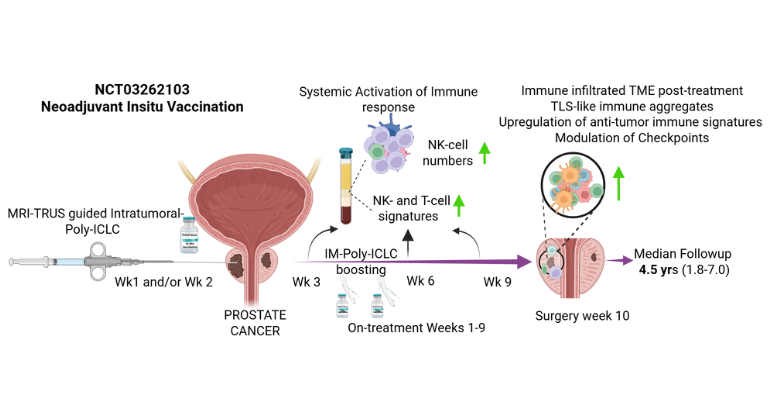
Early Clinical Trial Tests Immune-Boosting Therapy Before Prostate Cancer Surgery
Oct 30, 2025 View All Press Releases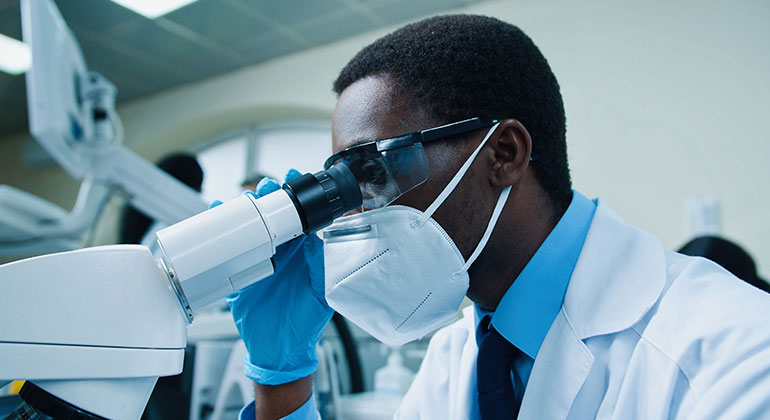
Mount Sinai Researchers Engineer Rare Immune Cells to Create Powerful New Cancer Vaccine
Jul 21, 2025 View All Press Releases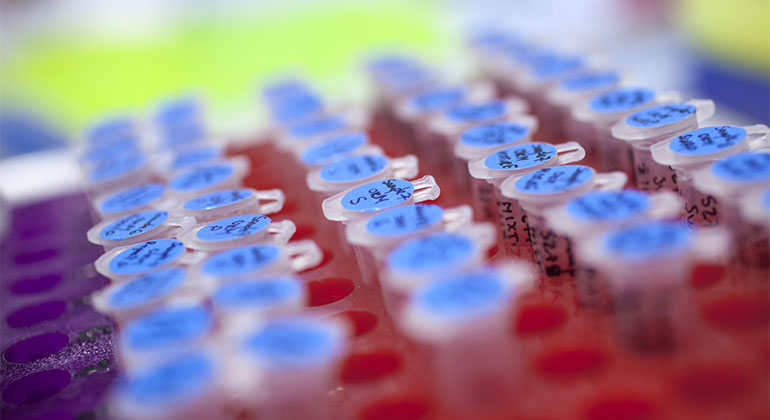
Personalized Cancer Vaccine Proves Promising in a Phase 1 Trial at Mount Sinai
Mar 17, 2025 View All Press Releases
Researchers Discover Why One Type of Chemotherapy Works Best in Bladder Cancer
Jan 26, 2024 View All Press Releases